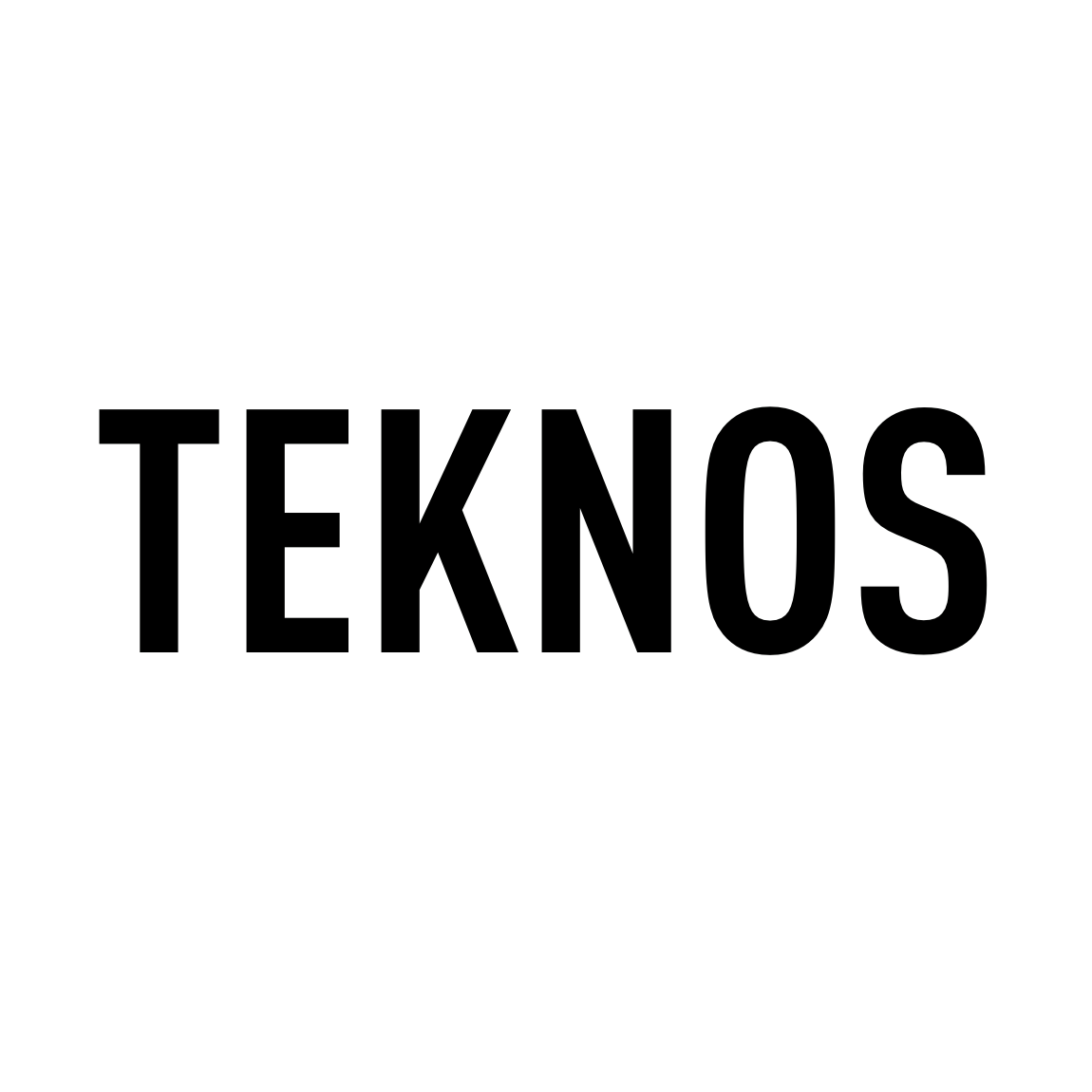Foreword
I am pleased to introduce the 2019 issue of Teknos. In this issue, we celebrate thirty years since the journal began publishing scholarly research by students at Thomas Jefferson and beyond.
As a TJ alumnus whose first publication was in Teknos 14 years ago, I can confidently say that early participation in research was the most valuable career experience of my high school education. While classroom study supports communication and problem-solving, research reveals the thrill of discovering phenomena that nobody—Newton, Einstein, your teachers, or even your mentor—has seen before. Designing experiments and preparing articles uncovers that research is not a dry explanation of experiments or accumulation of bibliographic references, but rather a way to advance the forefront of knowledge and address challenges in society, health, the environment, and elsewhere.
Although I am far from closing the book on any broad scientific challenge, my career trajectory already reflects the value of early exposure to research. My Teknos publication, with the admittedly clunky title “The Use of Threads to Simulate Parallel Supersampled Stochastic Antialiasing in Ray Tracers” (2005), describes algorithms for accelerating ray tracing, a technique used to make 3D imagery on the computer. The contents of that article are not worthy of a Turing Award—or an Academy Award for that matter—but they explored challenges between computation, mathematics, and visual content that I continue to study today.
Research can be challenging and at times frustrating. You may find that experiments do not work as well in real life as they do on paper; you may write a mathematical proof that is subtly incorrect or encounter a bug in your code. If you work with a mentor, you may become frustrated with their direction for a project in which you have become invested. These experiences do not shine through in a journal article, but behind the scenes we know that just a few pages of technical writing can communicate years of hard work. After all, a refrain among my own mentors is that the best problems to study are the ones that “fight back.”
As you read this issue of Teknos, keep these subtle aspects of scholarly work in mind. Publications rarely tell the stories behind the ideas they communicate: What appears to be an intentional experiment may in reality be the result of a happy coincidence or a pivot from one set of questions to another. Publications just as often come from a meandering path through dead ends and scenic vistas as they do from a directed march linking a problem to its solution. In my case, a high school publication led to insights my students and I apply not just to computer animation but also to medical imaging, transportation, and even political redistricting.
Developing such a diverse portfolio is becoming the norm as we promote interdisciplinarity above narrow-minded focus. This and other editions of Teknos contain many examples of collaborations synthesizing ideas from areas like biology, computation, and the social sciences to advance state-of-the-art research. This work comes from intense collaboration and patient communication.
In the end, what goes into any compendium of research is the result of concerted effort by the authors, supported by community-wide enthusiasm for ideas and conversation. Mentorships, research laboratories, journals like Teknos, and other resources at TJ put you in a unique position to join this community of authors and scientists early.
Congratulations to the authors and editorial staff of Teknos for producing another great issue. Teknos is unique among publications not only for the average age of its authors but also for its quality and staying power. Here’s to many more years of scholarly work in Teknos, at Thomas Jefferson, and beyond!
Justin Solomon Assistant Professor and PI, Geometric Data Processing Group MIT Department of Electrical Engineering & Computer Science
